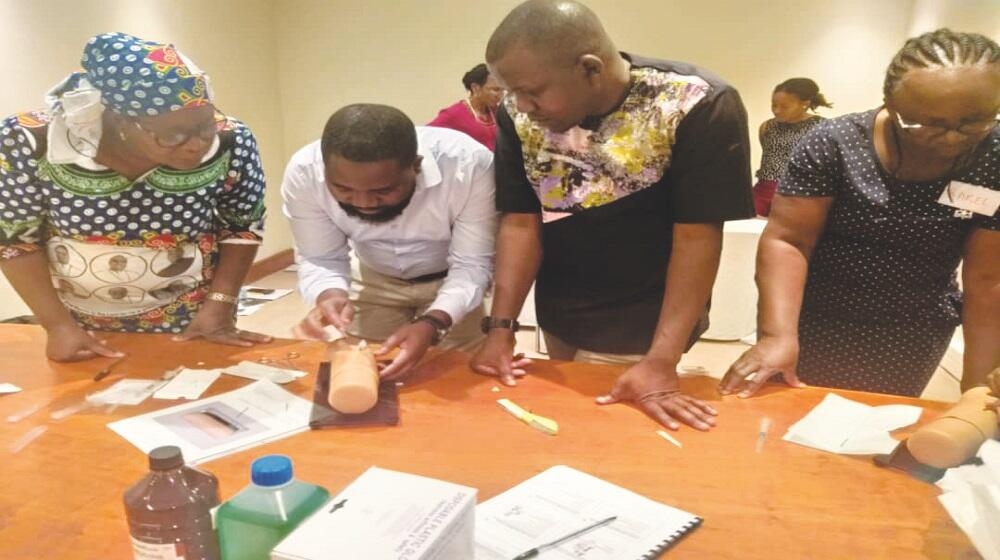WINDHOEK, Namibia – Improving maternal and newborn health indicators are key if Namibia is to achieve the Sustainable Development Goals. To do so, women need access to skilled attendance at birth and emergency obstetric and newborn care.
Currently, the maternal mortality rate in Namibia stands at 385/100000 live births. Namibia's total fertility rate fell from 5.4 in 1992 to 3.6 in 2013 but has remained stagnant in the last seven years and relatively remains high.
Post-abortion complications are among the leading cause of maternal death, particularly where safe abortion is limited. Evidence suggests that the Covid-19 pandemic has severely disrupted access to life-saving sexual and reproductive health services in Namibia.
Routine data collected through the Health Information System(HIS) by the Ministry of Health and Social Services suggest an increase in maternal mortality, unintended pregnancies among young people and the demand of the number of women seeking abortion-related services had increased particularly during this period.
To ensure that women and girls continue to receive life-saving sexual and reproductive health services, the United Nations Population Fund (UNFPA) in Namibia in partnership with the Ministry of Health and Social services, the University of Namibia Medical School and other partners conducted two trainings on clinical management of pregnancy-related complications for 72 health care professionals including doctors, nurses, medical students and lawyers.
The trainings took place on 20 - 23 September 2021 in Windhoek and 29 November – 02 December 2021 in Kavango East. The training was opened by the UNFPA Namibia Representative Sheila Roseau who informed participants that approximately 808 women die every day from preventable causes related to pregnancy and childbirth. This is about one woman every two minutes.
“For every woman who dies, an estimated 20 or 30 encounter injuries, infections or disabilities,” she pointed out.
Roseau highlighted that most of these deaths and injuries are entirely preventable. “We know exactly what to do to prevent maternal deaths: improve access to voluntary family planning, invest in health workers with midwifery skills, and ensure access to emergency obstetric care when complications arise. These interventions have proven to save lives and accelerate progress towards meeting SDGs," said Roseau.


